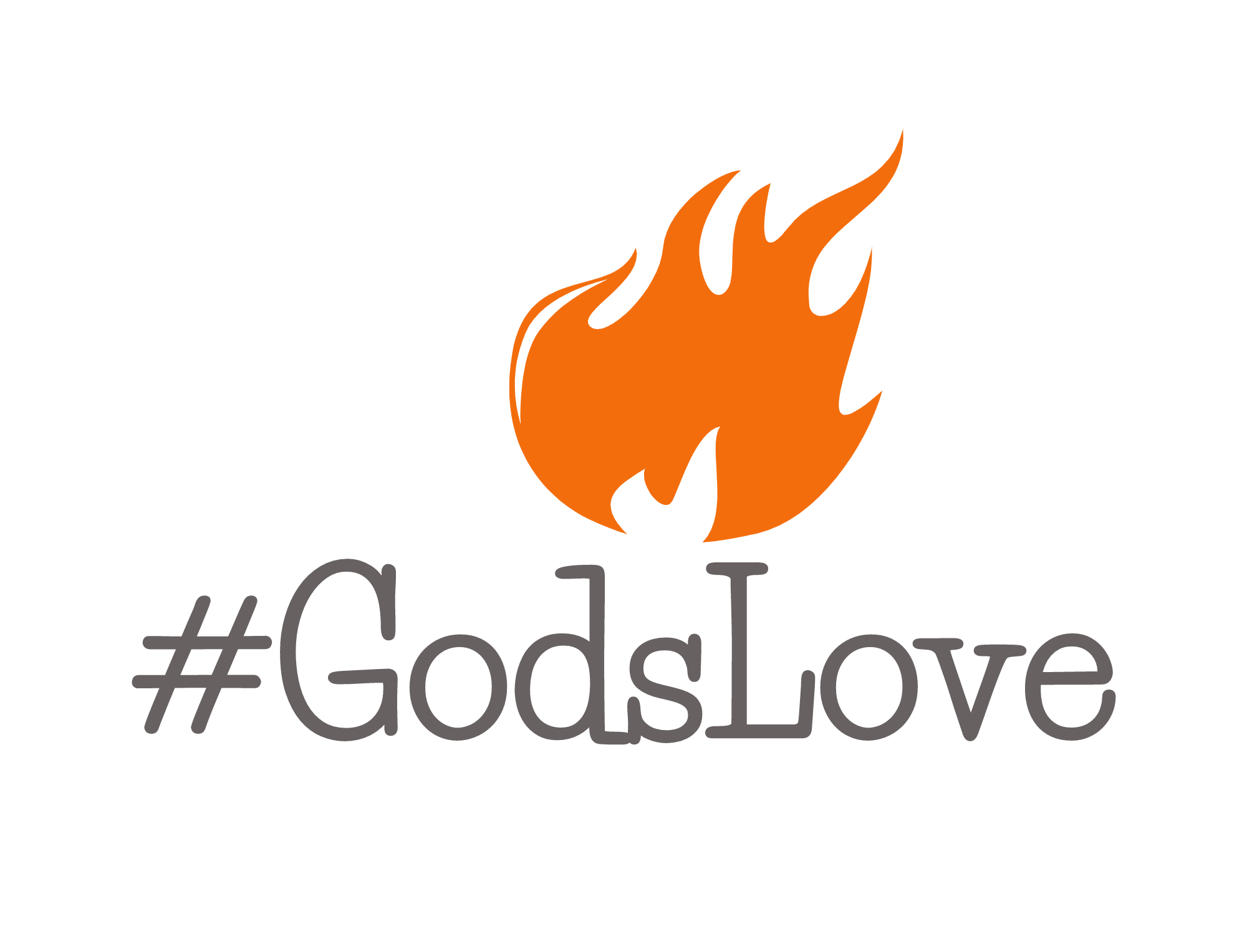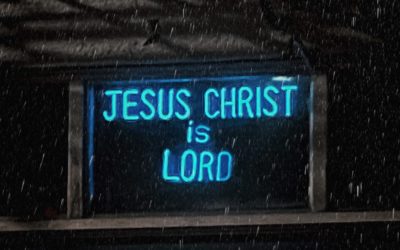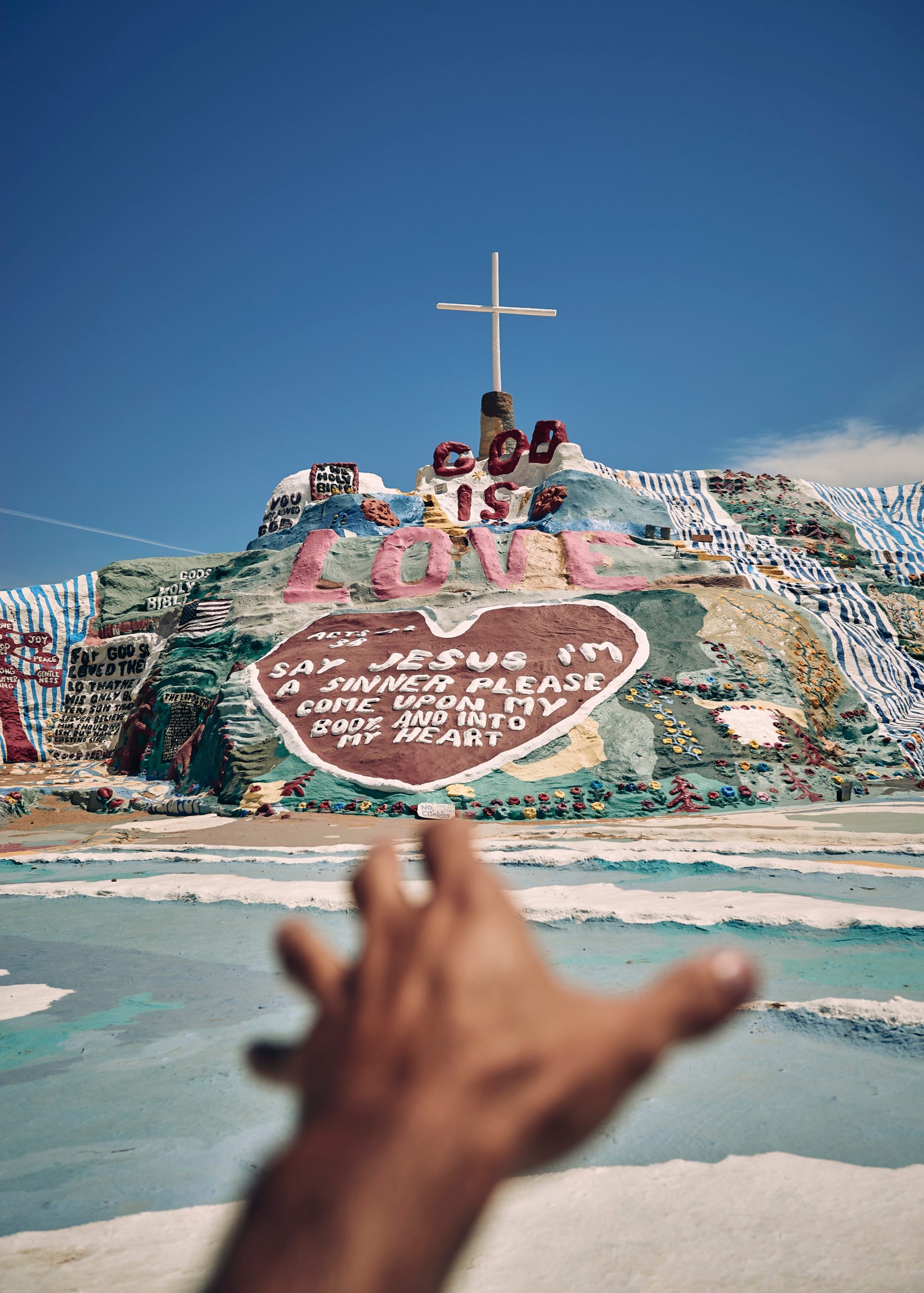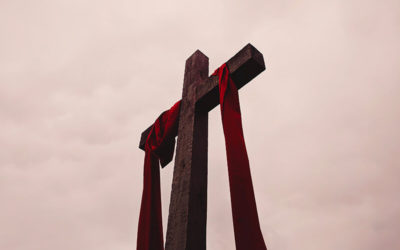The Bible tells us about two revolts by which the authority of Moses and Aaron was challenged before the people.
The first organized by Korah, Dathan and Abiram who were accompanied by two hundred and fifty men of the children of Israel. They reproached Moses and Aaron for lifting up themselves above the congregation of the Lord (v.3)
Moses answered them: Even tomorrow the LORD will shew who are his, and who is holy; and will cause him to come near unto him: even him whom he hath chosen will he cause to come near unto him (Numbers 16.5).
The second time it was the whole assembly of the children of Israel who had murmured against Moses and against Aaron (v.41)
God has confirmed their authority three times. The first time the earth opened her mouth, and swallowed them up, and their houses, and all the men that appertained unto Korah, and all their goods. (Numbers 16.30-33) The second time there came out a fire from the LORD, and consumed the two hundred and fifty men that offered incense. (Numbers 16.35, Numbers 26. 9-10) The message should be very clear: the Levites were called to bear the ark of the covenant of the Lord, to stand before the Lord to minister unto him and to bless the people in his name (Deuteronomy 10: 8), but the priesthood is granted to Aaron and his descendants (Numbers 16:40)
The next day there was a new revolt. The people blame Moses and Aaron for what happened the day before. The anger of the Lord breaks out again and the fire begins to consume the congregation. Moses told Aaron to take up the censer, to put fire therein from off the altar, to put on incense, and to go quickly unto the congregation, and to make atonement for them; for the anger of the Lord was broken out, and the plague had begun. Aaron did as Moses said. He put on incense, and made atonement for the people. He stood between the dead and the living and the plague was stayed. (v.48)
For the first time, the people of Israel had a high priest: Aaron. His role was to intercede on behalf of the people before God and to make atonement for the sins of the people and for his sins. In this passage we observe that as soon as he placed himself between the dead and the living, the miracle of grace took place. The plague stopped wherever the perfume (incense) spread.
Aaron is an image of Christ, who is our high priest. He stood between the living and the dead and brought Himself as atonement for our sins. Verses 5 and 40 of Numbers 16 teach us that no stranger, which is not of the seed of Aaron, come near to offer incense before the LORD, for whoever comes near to the tabernacle of the Lord dies. (Numbers 17.13) We cannot approach Him if we do not belong to Him, if we are not holy (set apart), and if we have not been chosen by the Lord. Thanks be to the heavenly Father, for through the sacrifice of the cross we have become a royal priesthood (1 Peter 2: 9) and the righteousness of God in Jesus Christ. (2 Corinthians 5.21) Jesus, our high priest, sits at the right hand of the Father and intercedes for us.
After this miracle of grace, God confirms Aaron’s priesthood and authority for the third time. This time, instead of using death as confirmation, God is using life. At the request of the Lord, Moses was to take from the children of Israel twelve rods, one rod for each head of the houses of their fathers, identified with the name of each house. This is Aaron’s name that will be written on Levi’s rod. Moses is going to lay them up in the tabernacle of the congregation before the testimony. The man chosen by the Lord will be the one whose rod shall blossom. (Numbers 17.2-5) The next day when Moses entered into the tabernacle of witness, behold, the rod of Aaron for the house of Levi was budded, and brought forth buds, and bloomed blossoms, and yielded almonds. (Numbers 17.8)
Why was the third confirmation different from the first two? What happened between these episodes that could allay God’s wrath? Aaron had to stand between the dead and the living and make atonement for the people. Jesus, our high priest forever, had to stand between God and mankind and shed His blood for the forgiveness of our sins. It is the transition from law to grace. The law generates death while grace gives life.
Aaron’s rod remained all night in the presence of the glory of the Lord. There was no need for water, light and heat, elements belonging to creation, necessary for a plant to bloom. What was dead is risen. Jesus is the resurrection and the life (John 11.25). Everything that the glory of the creative God touches comes back to life.
You feel that there are areas of your life that are dry, without fruit. There are aborted calls, forgotten promises or unfulfilled visions. It was enough for this completely dry rod to stay one night in the presence of the glory of God, Shekhinah. It is God the fountain of living waters (Jeremiah 2.13) and Jesus the resurrection and the life. The law of the spirit of life swallows up any other law. Return to the presence of God, be thirsty for His righteousness, and all the desert of your life will come to life.
Why almonds? The almond tree (שקדייה → shkediya = almonds) is the first flowering tree in the land of Israel. At the end of winter, it produces pinkish-white flowers that appear before the leaves. Each branch will fill with white, reminding us of a bride’s dress. This is the image of Christ, raisen from the dead, “he is the firstfruits of them that slept” (1 Corinthians 15.20).
If the life cycle of this tree regularly takes a few months (buds-flowers-leaves-fruit), for Aaron’s rod it took only one night. When Jesus turned water into wine, all the years of preparing for a good quality wine were reduced to a few moments. Our God is master of time and space. His favor is upon you. He will compress the time for you and visions that have been abandoned for years will know their fulfillment in a very short period of time.





